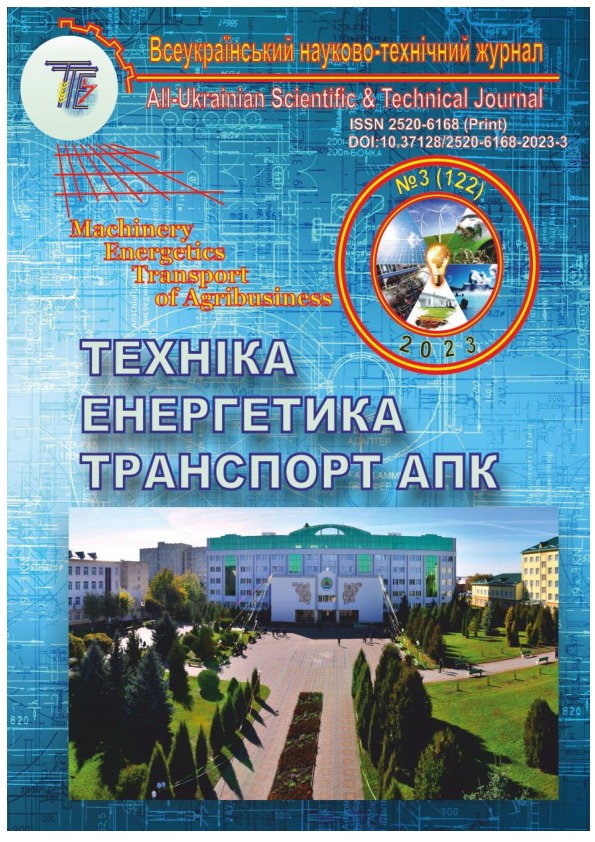id: 35255
Title: Development of machine unit for resource-saving technologies of soil processing
Authors: Shvets L., Ostapenko V.
Keywords: soil mulching, erosion, cultivation, plant residues, crop rotation.
Date of publication: 2024-02-29 10:21:45
Last changes: 2024-02-29 10:21:45
Year of publication: 2023
Summary: Water and wind erosion are possible on crop rotation fields. By using various agrotechnical techniques, it is possible to minimize soil erosion. One of these techniques is the creation of shafts about 10 m wide and 80-100 cm high at a certain distance. Effective agrotechnical anti-erosion techniques are slitting, special porous and comb plowing, organization of soil-protective crop rotations, strip placement of winter and spring crops, grain and row crops, creation of buffer strips of grasses, liming of washed lands and drains. In the steppes or areas where the topography of arable land has a slope, it is recommended to use various technologies of minimal tillage to counteract wind and water erosion. Surface treatment of the land ensures the accumulation of plant residues in the surface layer of the soil. This increases the amount of organic matter in the upper layers, which, in turn, improves the strength of the aggregates and the resistance of the soil to the action of raindrops and wind gusts. When plowing sloping fields, contour plowing is a useful method of reducing the risk of erosion. It uses the topography of the field to absorb water, preventing it from running down the rows. Crop residue remaining on the surface is also a factor in which minimal tillage protects the land from erosion. In general, both plants and their remains on the surface effectively slow down the speed of movement of both water on the surface of the soil and air above it. From a physical point of view, plant cover growing on the surface, as well as plant residues, effectively protects the ground, for example, from the impact of raindrops. If we talk about traditional crops, it should be noted that perennial grasses provide the best protection, and cereals can moderately resist erosion. When growing row crops, such as sugar beet or corn, most of the land remains uncovered, meaning that these crops provide less protection. The worst option from the point of view of erosion is steam without growing any crops and without preserving the harvest residues on the surface. Analysis of existing machines for soil protection against wind and water erosion was carried out. The proposed design of the machine for plowless tillage.
URI: http://81.30.162.23/repository/getfile.php/35255.pdf
Publication type: Статті у наукових фахових виданнях України (Copernicus та інші)
Publication: Техніка, енергетика, транспорт АПК. 2023. № 3 (122). С. 109-115. DOI: 10.37128/2520-6168-2023-3-12
In the collections :
Published by: Адміністратор
File : 35255.pdf Size : 3239303 byte Format : Adobe PDF Access : For all

| |
|
|